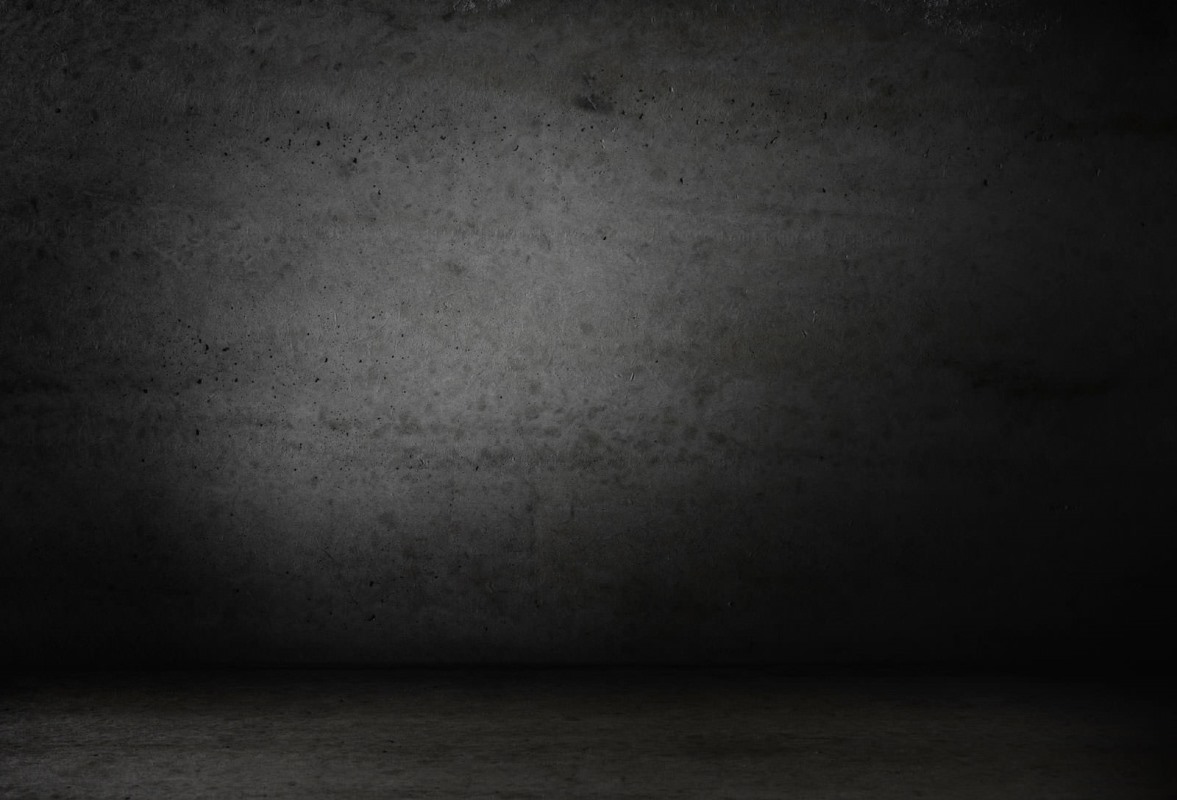

25
You spent some time in New York with Vladimir Horowitz, who recorded
a legendary version of
Kreisleriana
. Did he give you any advice about
interpreting Schumann?
Paradoxically, no, even if I had theprivilegeof hearinghimpractise inhis apartment,
notably in the Liszt Sonata. He liked to present me with his interpretation of the
works he was going to play in his upcoming concerts, but he jealously guarded
the mysteries of his art. Horowitz possessed the genius of being able to bring out
sonic perspectives that he must already have thought out in his mind’s ear before
sitting down at the piano. Although that experience can’t be transmitted, it’s still
conceivable that, since I spent that time in his company, my playingmay have been
influenced, even in Schumann, whose secrets he didn’t reveal to me. In fact, what
interests me in the piano is essentially the sound itself, how to mould it so that
it can make its way from performer to listener. In that respect, Schumann is an
excellent model, like Debussy and Fauré. And speaking of them, I should mention
that I’ll soon be devoting myself to teaching French music at the Academy which
has just been created at the École Normale de Musique de Paris. With several
pianist friends of mine, I will endeavour to pass on an art that was bequeathed to
me and that has accompanied me throughout my career.
JEAN-PHILIPPE COLLARD

















